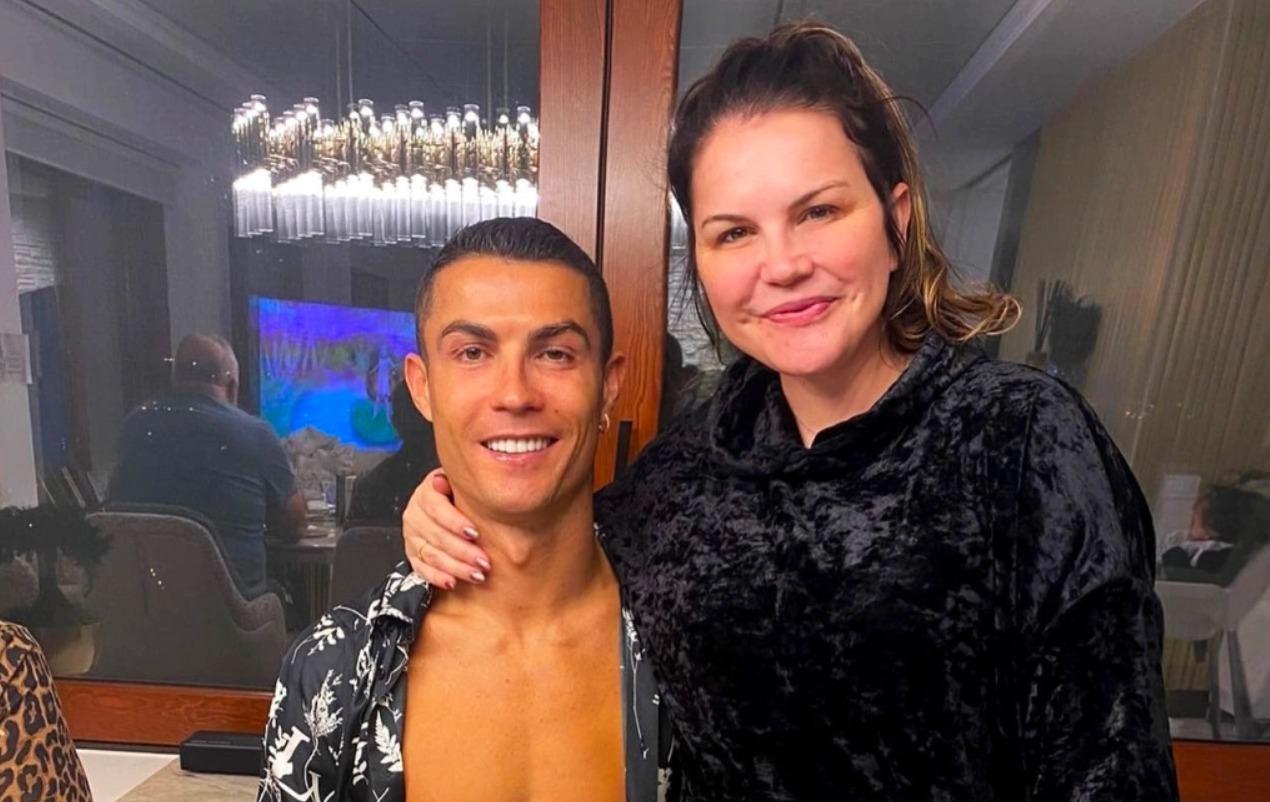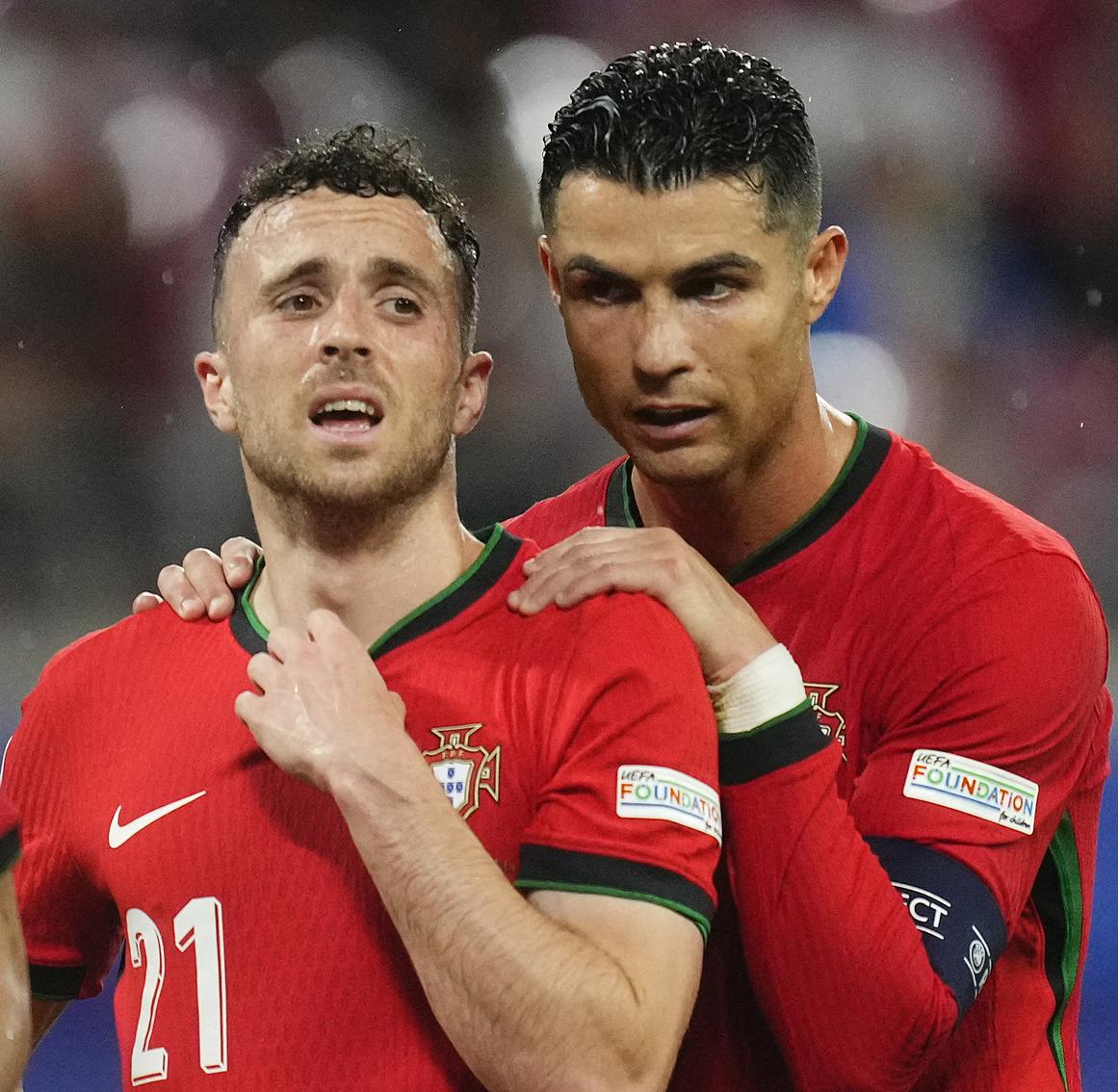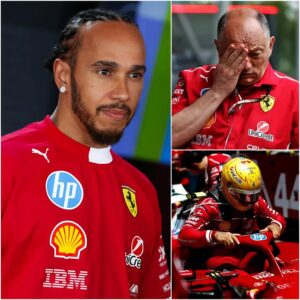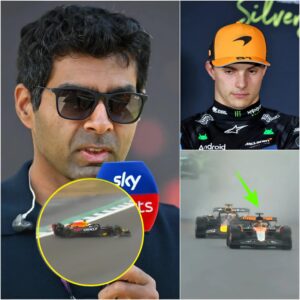Chaos at Diogo Jota’s Grave Sparks Debate Over Ronaldo’s Absence
The quiet town of Gondomar, Portugal, was meant to be a place of solemn farewell for Diogo Jota and his brother André Silva. Just hours after their joint funeral, the cemetery where the brothers were laid to rest became a scene of unexpected chaos. Fans, drawn by the tragic loss of the Liverpool star and his younger sibling, flooded the site, crowding around the graves to snap photos and pay their respects. The outpouring of grief, while heartfelt, quickly spiraled into disorder, leaving many to question where the line between mourning and spectacle lies.

Local police were called to disperse the growing crowd, their presence a stark reminder of the overwhelming attention the tragedy has attracted. Despite their efforts, the fans returned minutes later, their determination to be near the final resting place of their idols undeterred. The scene painted a complex picture: a community united in grief but struggling to maintain the dignity of the moment. For Gondomar, a small city near Porto, the loss of two of its brightest sons has left an indelible mark, and the influx of mourners reflects the profound impact the brothers had on their hometown and beyond.
Amid the turmoil at the cemetery, another narrative has emerged, one that has ignited heated discussion across social media and beyond. Cristiano Ronaldo, Portugal’s football icon and former teammate of Jota, faced sharp criticism for not attending the funeral. The absence of the Al-Nassr star, who shared the pitch with Jota during their time with the national team, sparked a wave of disappointment among fans. Many argued that as Portugal’s captain, Ronaldo should have been there to honor his compatriot. The backlash grew louder, with some labeling his decision as a lack of respect.

But the story isn’t as simple as it seems. Katia Aveiro, Ronaldo’s sister, took to social media to defend her brother, shedding light on a deeply personal perspective. In a heartfelt statement, she called the criticism “meaningless” and described society’s obsession with public appearances as “sick.” Aveiro pointed to a painful chapter in their own family’s history to explain Ronaldo’s absence. In 2005, when their father, José Dinis Aveiro, passed away, the Ronaldo family was overwhelmed by a frenzy of media and curious onlookers at the funeral. The chaos turned a private moment of grief into a public spectacle, leaving lasting scars. For Ronaldo, attending Jota’s funeral risked repeating that painful experience—not for his own family, but for Jota’s.
Aveiro’s words offer a glimpse into the delicate balance public figures navigate in moments of loss. Ronaldo’s decision to stay away wasn’t born of indifference but of respect. His presence, as one of the world’s most recognizable faces, would likely have shifted the focus from the grieving family to himself. Every camera, every headline, every whispered conversation would have centered on him, overshadowing the solemnity of the occasion. Instead, Ronaldo chose to grieve privately, reportedly reaching out to Jota’s family to offer his condolences in a quieter, more personal way.
The contrast between the chaos at the cemetery and Ronaldo’s absence underscores a broader truth about fame and grief. The football world, still reeling from the loss of Jota and Silva in a tragic car crash in Spain, is grappling with how to honor their memory. The brothers’ funeral drew hundreds, including teammates like Virgil van Dijk, Andy Robertson, and Rúben Neves, who carried floral tributes and stood alongside the grieving family. Yet the overwhelming presence of fans and media at the gravesite risks turning a moment of remembrance into something else entirely.
As Gondomar mourns, the story of Jota and Silva reminds us of the human cost of fame. Their lives, marked by talent and promise, were cut short, leaving behind a grieving family and a community forever changed. Ronaldo’s absence, far from a slight, was a silent act of respect, a choice to let the focus remain on those who needed it most. In a world quick to judge, Aveiro’s defense of her brother challenges us to consider what it means to truly honor the departed—sometimes, it’s not about being seen, but about stepping back.





